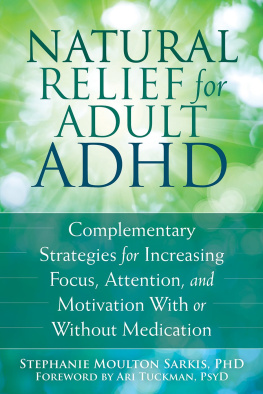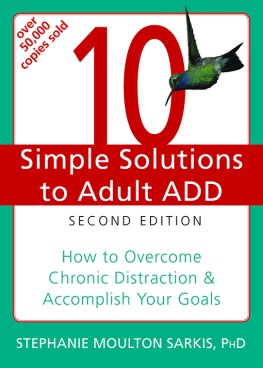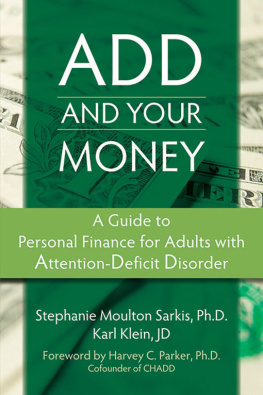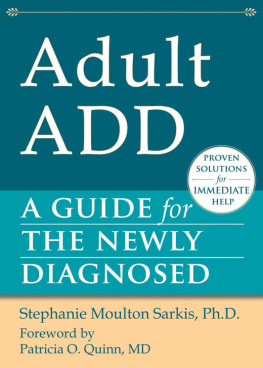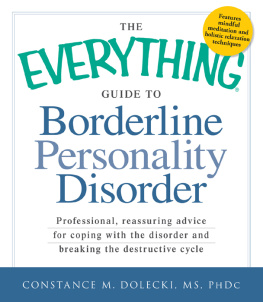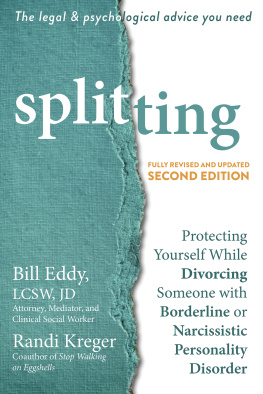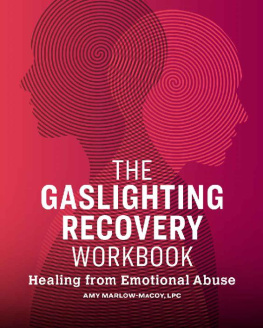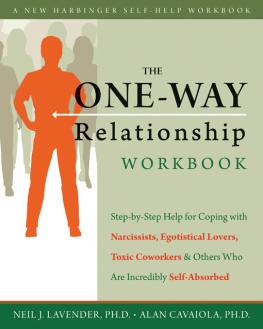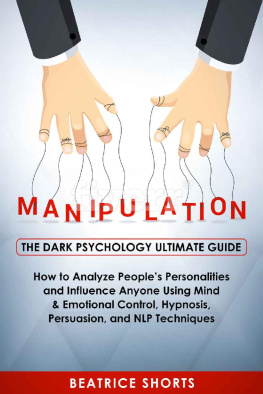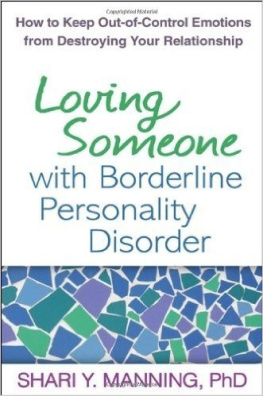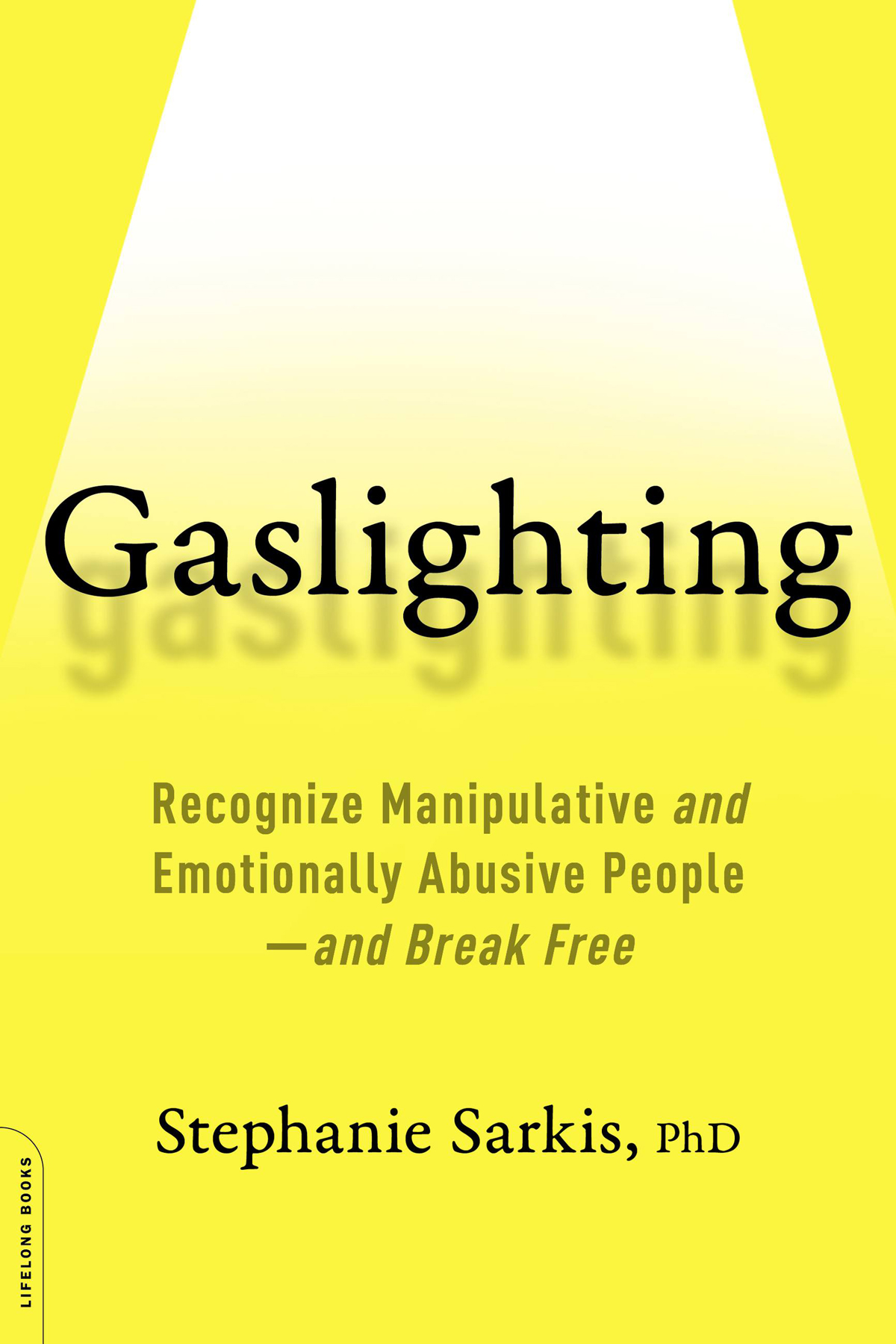Note: The information in this book is true and complete to the best of our knowledge. This book is intended only as an informative guide for those wishing to know more about health issues. In no way is this book intended to replace, countermand, or conflict with the advice given to you by your own physician. The ultimate decision concerning care should be made between you and your doctor. We strongly recommend you follow his or her advice. Information in this book is general and is offered with no guarantees on the part of the authors or Da Capo Press. The authors and publisher disclaim all liability in connection with the use of this book. The names and identifying details of people associated with events described in this book have been changed. Any similarity to actual persons is coincidental.
Copyright 2018 by Stephanie Moulton Sarkis, PhD
Hachette Book Group supports the right to free expression and the value of copyright. The purpose of copyright is to encourage writers and artists to produce the creative works that enrich our culture.
The scanning, uploading, and distribution of this book without permission is a theft of the authors intellectual property. If you would like permission to use material from the book (other than for review purposes), please contact permissions@hbgusa.com. Thank you for your support of the authors rights.
Da Capo Press
Hachette Book Group
1290 Avenue of the Americas, New York, NY 10104
www.dacapopress.com
@DaCapoPress
First Edition: October 2018
Published by Da Capo Press, an imprint of Perseus Books, LLC, a subsidiary of Hachette Book Group, Inc.
The Hachette Speakers Bureau provides a wide range of authors for speaking events. To find out more, go to www.hachettespeakersbureau.com or call (866) 376-6591.
The publisher is not responsible for websites (or their content) that are not owned by the publisher.
Library of Congress Cataloging-in-Publication Data
Names: Sarkis, Stephanie, author.
Title: Gaslighting: recognize manipulative and emotionally abusive Peopleand break free / by Stephanie Moulton Sarkis, PhD.
Description: Boston : Da Capo Press, [2018] | Includes bibliographical references and index.
Identifiers: LCCN 2018013132 (print) | LCCN 2018025994 (ebook) | ISBN 9780738284651 (e-book) | ISBN 9780738284668 (pbk.)
Subjects: LCSH: Manipulative behavior. | Psychological abuse.
Classification: LCC BF632.5 (ebook) | LCC BF632.5 .S27 2018 (print) | DDC
158.2dc23
LC record available at https://lccn.loc.gov/2018013132
ISBNs: 978-0-7382-8466-8 (trade paperback); 978-0-7382-8465-1 (e-book)
E3-20180821-JV-NF
To everyone who is experiencing gaslightingmay you find light, hope, and healing.
Y OU KNOW THE GASLIGHTER. H ES THE CHARMERTHE WITTY, CONFIDENT , but overly controlling date. Shes the woman on your team who always manages to take credit for your good work. Hes the neighbor who swears youve been putting your garbage into his trash cans, the politician who can never admit to a mistake, the harasser who says you asked for it. Gaslighters are master controllers and manipulators, often challenging your very sense of reality. And they can be found everywhere. International political figures, celebrities, your boss, your sibling or parent, a friend, your coworker, your neighbor, your partnerany one of these people is in a position to gaslight.
Gaslighters will convince us that we are crazy, that we are abusive, that we are a huge bundle of problems and no one else will want us, that we are terrible employees who havent been fired yet just by the grace of God, that we are terrible parents who shouldnt have had children, that we have no idea how to manage our own life, or that we are a burden to others. They are toxic.
With the 2016 presidential election and all the noise about alternative facts and fake news, the term gaslighting has seen a surge in popularity. (If our confidence in our trusted news sources can be shaken fully enough, it becomes easier to consolidate power and authority by filling our head with distortions. Classic gaslighting.) And yet there is no significant body of research about gaslighting. It doesnt have a definition in the American Psychiatric Associations Diagnostic and Statistical Manual of Mental Disorders (DSM). It can look like several other disorders, such as narcissistic personality disorder, but I have found in my work as a therapist that gaslighters have a unique set of behaviors, and it behooves us to know them. Some gaslighters are easy to spot; others fly just under the radar. They are master manipulators and we need to know how to spot them, how to avoid them, and what to do if were entangled with them.
THE ORIGINS OF THE TERM
What does gaslighting really mean, and where did it come from? The term gaslight, as a kind of psychological manipulation, was first added to the Oxford English Dictionary in December 2004, although the documented use of this word and its variants goes back to 1952 (Yagoda 2017). In fact, the term seems to have been coined by Patrick Hamilton in his 1938 play Gas Light, and first made popular by the 1944 movie Gaslight, directed by George Cukor and starring Ingrid Bergman and Charles Boyer. Gregory, Paulas husband, tries to convince her that she is going crazylosing objects precious to her, hearing and seeing things that arent there, thinking the lights are flickering when he claims they are not. It turns out it has all been a setup to gaslight her. Ill leave the rest for you to discover if you havent seen the film.
Gaslighters use your own words against you; plot against you, lie to your face, deny your needs, show excessive displays of power, try to convince you of alternative facts, turn family and friends against youall with the goal of watching you suffer, consolidating their power, and increasing your dependence on them.
Interestingly enough, gaslighting is practiced equally by both genders. You are more likely to hear about male gaslighters, as female gaslighters behaviors are sometimes not taken as seriously as they should be. For simplicitys sake, throughout this book I switch pronouns, using he or him and she or her, or plurals to reflect that the information here applies to both genders.
For the gaslighters, manipulation is a way of life. Of course, its important to note that manipulation in and of itself is not a bad thing. People use manipulation in positive ways all the time, and they can be great influencers of others (Cialdini 2009). For instance, we can be influenced and manipulated to work for a cause or take better care of ourselves. I guess you might call this persuasion, but its a fine line. Gaslighters, however, use manipulation to gain control over others. There is no higher good to this kind of influence.
The manipulation is usually insidious and slow, and you may not even realize the extent of the damage until you have an aha! moment, your family or friends confront you, or a gaslighter is instrumental at getting you fired from your job. The goal of gaslighters is to keep you off-kilter and questioning your reality. The more you rely on them for the correct version of reality, the more control they have over you. This power and control is what gaslighters crave.
As mentioned, gaslighting shares characteristics of other personality disorders. Some people who gaslight meet the American Psychiatric Associations DMS criteria for the following disorders, known in the manual as Cluster B Personality Disorders:


